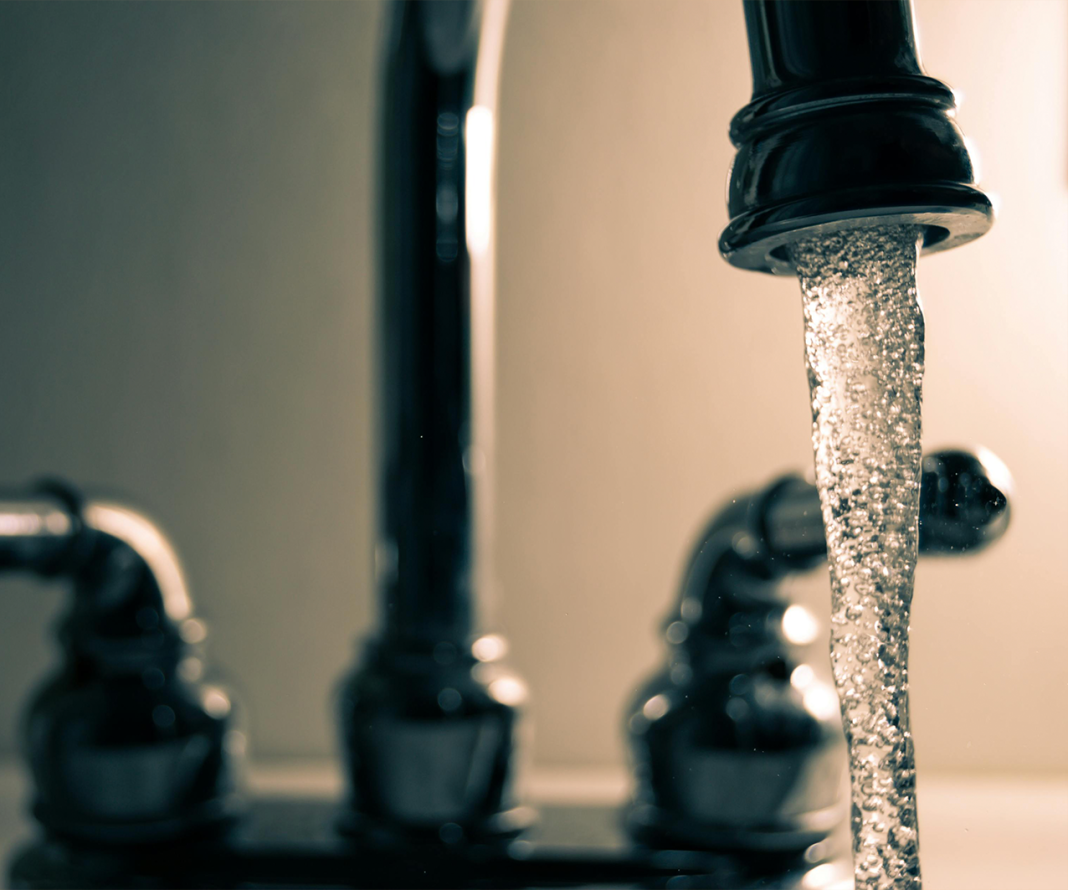HEDDY SOROUR
SMITHS FALLS — Residents and businesses in Smiths Falls are being asked to take part in a lead testing program to help protect against lead exposure.
“Lead solder is prevalent in many, or most, of the homes built in Smiths Falls prior to the mid-1980s. Although it was commonly used to connect fixtures in water lines, this fact alone doesn’t mean our residents are at risk. However, the town wants to ensure no one is being exposed to lead,” said Mayor Shawn Pankow.
Some properties in older areas of town may still have lead water pipes or solder. Homes built more than 100 years ago are more likely to have original lead service lines.
While the town has a general idea of where most lead pipes are located, there are gaps.
“The town maintains a database of lead water services compiled from historical engineering and building files, excavation inspection reports and work orders. This list is not exhaustive, as there are properties that we don’t have records for,” said Paul McMunn, director of Public Works and Utilities.
McMunn said many properties north of the Rideau River, on streets that haven’t been reconstructed in recent years, may still have lead water services. Street reconstruction projects typically replace underground lead pipes with copper, but once work reaches the property line, responsibility shifts to the homeowner. If the private portion of the service line has not been updated, part of the property may still be supplied by lead pipe.
“There is no safe level of lead exposure. Lead is a neurotoxin that can cause irreversible health issues, especially for children, pregnant women and adults with pre-existing conditions,” Pankow said.
Health Canada notes even small amounts of lead in the blood can be harmful, particularly for infants and young children. Low-level exposure has been linked to negative effects on brain development, behaviour and learning. Higher levels can interfere with red blood cell production, limiting the body’s ability to carry oxygen.
Some homeowners may have replaced interior plumbing without realizing that lateral pipes connecting the property line to the home are still made of lead. Lead testing can confirm this.
“Considering the risks of lead exposure, I encourage residents and businesses to contact the town and ask to participate in this lead testing program. It’s free, easy and can help ensure no one is exposed to lead and its inherent risks,” said Pankow.
The lead testing program is not new. It was first introduced in 2007 as a provincial requirement. While uptake was strong at first, McMunn said participation has declined in recent years.
“The program will continue as long as lead water services exist within the drinking water distribution network for the Town of Smiths Falls,” McMunn said.
Residents living in homes built before 1955 who are unsure if their property is serviced by lead pipes are encouraged to call 613-283-4124 ext. 5502 or email scooke@smithsfalls.ca
Resources:
Health Canada Guide – Lead in Drinking Water Systems
2024 Drinking Water System Annual Report








